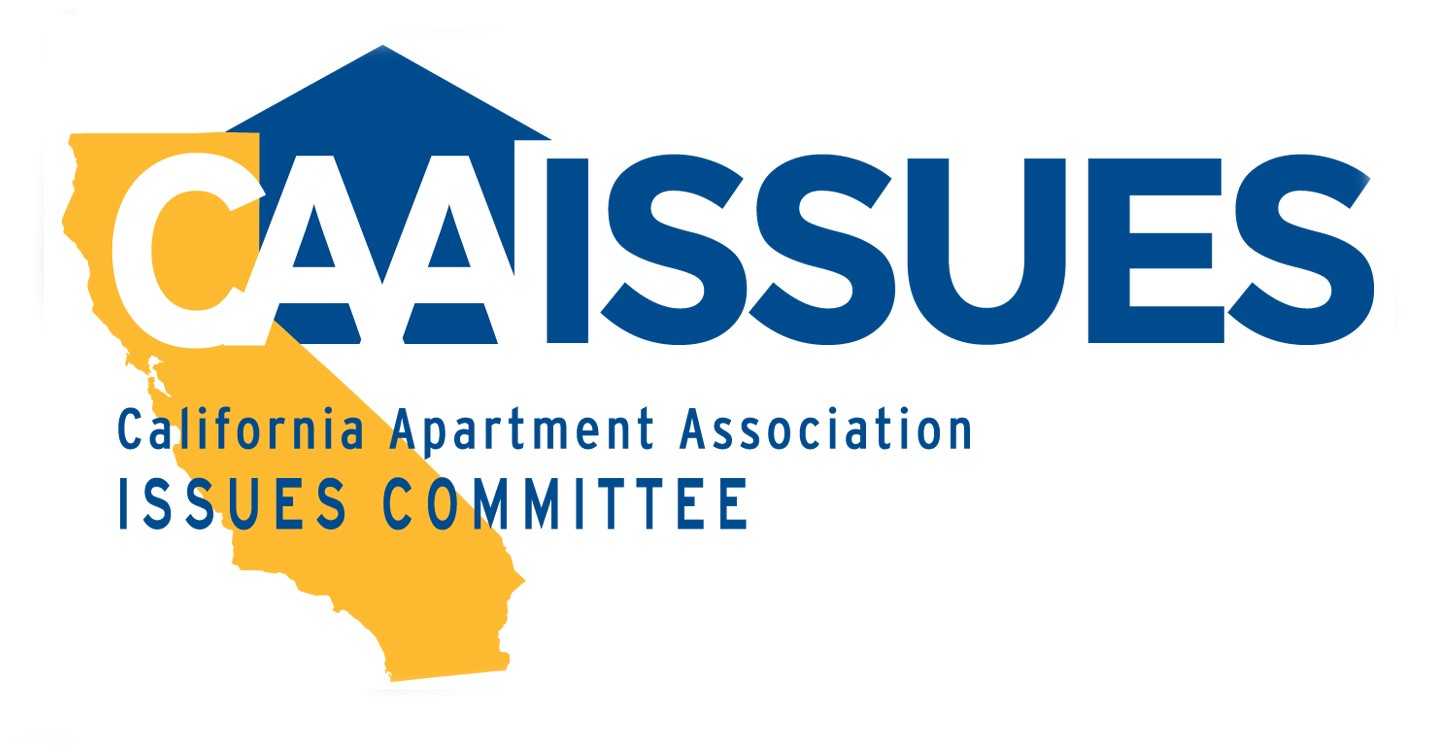A bill intended to boost the construction of accessory-dwelling units has passed the state Senate and now heads to the Assembly.

SB 831 by Sen. Bob Wieckowski, D-Fremont, won full Senate approval Wednesday on a 30-1 vote, sending it on to the second house of the Legislature.
The building of accessory dwelling units — also known as granny flats or in-law units — is increasingly considered one of the more sensible ways to address California’s housing shortage.
And while this housing type is cheaper and quicker to build than a single-family home, the excessive fees and regulatory hurdles associated with granny flats has been a serious deterrent to construction.
Among other things, SB 831 would:
- Eliminate some exorbitant development fees for accessory dwelling units.
- Create an amnesty program that would ease the process of permitting pre-existing, unpermitted accessory-dwelling unit.
- Hold local agencies accountable for approving these units through existing laws such as the Housing Accountability Act, which requires local governments to make specific findings if they deny housing.
- Deem an accessory-dwelling unit permit application automatically approved if a local agency has not acted upon the application within 60 days.
SB 831 is a follow-up to Wieckowski’s SB 1069, which the governor signed in 2016. That bill, along with a CAA-sponsored AB 2299 by Assemblyman Richard Bloom, D-Santa Monica, stripped local governments of the ability to mandate additional parking for second units when the units are within one-half mile of public transportation or ride-share parking areas.
Since Wieckowski and Bloom’s 2016 bills passed, applications for accessory dwelling units have increased significantly.
Last year, the number of building permits for accessory-dwelling units jumped by 63 percent.
“Homeowners appear to greatly value the ability to use an ADU flexibly — an ADU could be rented to a stranger today, used to house an aging parent tomorrow, and rented nightly to out-of-town visitors sometime later,” according to the Terner Center for Housing Innovation at the University of California at Berkeley, as reported in this story by Bloomberg.

